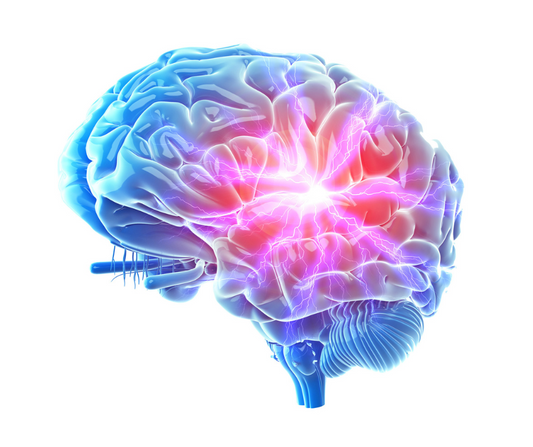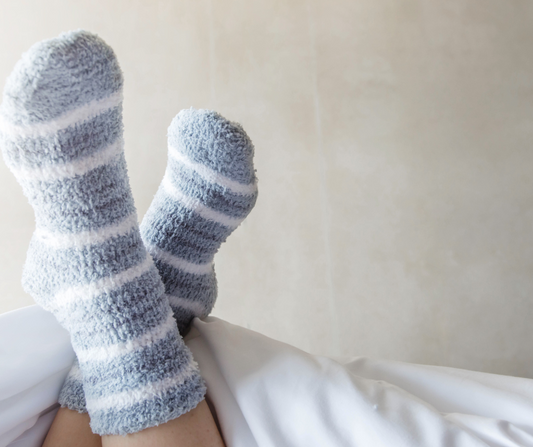We've all been there – one episode turns into a Netflix marathon, and suddenly it's way past bedtime. But did you know that the time when you hit the hay can significantly impact overall health?
The saying "an hour of sleep before midnight is worth two after" holds more truth than we might realize. Our bodies operate on a circadian rhythm, a natural internal clock influenced by sunlight and darkness. Disrupting this rhythm by staying awake past midnight can have unexpected consequences on physical and mental health.
Understanding Your Inner Clock
Our circadian rhythm orchestrates the delicate dance between wakefulness and sleep, responding to light changes in our environment. Shaped by thousands of years of evolution, this ingrained behavior regulates sleep and influences alertness. Sunlight suppresses melatonin, a key sleep-regulating hormone, signaling to the brain that it's time to be awake. As it gets dark, our bodies naturally increase melatonin production, signaling to the brain that it's bedtime. Typically, this melatonin cue happens well before midnight. The later we stay awake past this point, the more we disrupt our natural sleep rhythm.
Health Implications of Post-Midnight Bedtime
While occasional late nights are inevitable, regularly going to bed after midnight can result in chronic exhaustion, fatigue, and potential health issues including diabetes, thyroid problems, psychological disorders and reduced cognitive function. To promote a healthier lifestyle, experts recommend striving for a pre-midnight bedtime whenever possible.
The Takeaway
Prioritizing pre-midnight sleep is a simple yet powerful step toward enhancing overall well-being. By aligning with our natural circadian rhythm, we can unlock the full potential of restorative sleep and promote physical and mental health. While life may present challenges to early bedtime, making it a consistent goal can lead to positive changes in sleep patterns and contribute to a healthier, more balanced lifestyle.
Scroll down and sign up for our monthly newsletter to learn more.
Dream big, work hard, sleep ambitiously,
Joe Castignani



